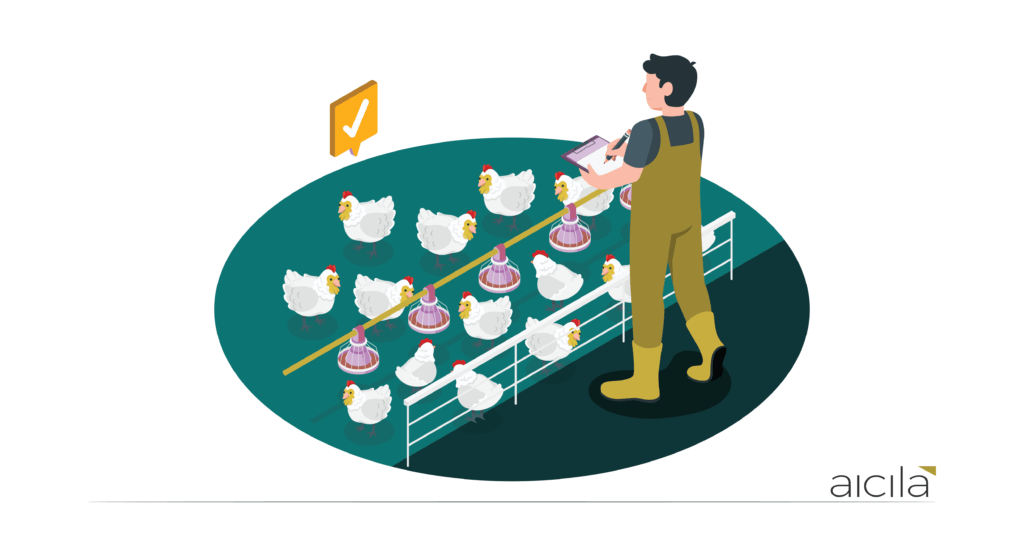Feeding Success: A Day in the Life of a Poultry Feed Production Manager

A Production Manager in the poultry feed industry is responsible for overseeing the entire operation of a feed manufacturing facility. Their role is crucial in ensuring the production of high-quality feed that meets the nutritional needs of poultry while maintaining operational efficiency and compliance with industry standards. Here are the key responsibilities and functions of a Plant Manager in this field:
- Production Management:
- Oversee the daily operations of the feed manufacturing process, ensuring production schedules are met efficiently.
- Monitor production metrics, such as output quantity, quality, and resource utilization, to optimize productivity.
- Quality Control:
- Implement and enforce quality control procedures to ensure that the feed produced meets nutritional standards and is free from contaminants.
- Collaborate with quality assurance teams to conduct regular testing and inspections of raw materials and finished products.
- Staff Management:
- Hire, train, and supervise plant personnel, including production staff, quality control inspectors, and maintenance workers.
- Foster a positive work environment and ensure employees are trained in safety protocols and best practices.
- Equipment Maintenance:
- Oversee the maintenance and repair of production equipment, ensuring that machinery is running efficiently and safely.
- Schedule regular maintenance checks and coordinate with maintenance staff to minimize downtime.
- Inventory Management:
- Manage inventory levels of raw materials, ingredients, and finished products to ensure a steady supply for production.
- Coordinate with suppliers to procure high-quality ingredients needed for feed formulations.
- Regulatory Compliance:
- Ensure that the plant complies with all local, state, and federal regulations regarding food safety, environmental standards, and occupational safety.
- Maintain proper documentation and records to demonstrate compliance during inspections.
- Budgeting and Financial Management:
- Develop and manage the plant budget, controlling costs associated with production, labor, and materials.
- Analyze financial reports to identify areas for cost reduction and efficiency improvements.
- Process Improvement:
- Evaluate production processes and implement improvements to enhance efficiency, reduce waste, and lower production costs.
- Stay updated on industry trends and technological advancements to integrate new practices into the plant’s operations.
- Collaboration with Other Departments:
- Work closely with sales, marketing, and research and development teams to align production capabilities with market demand and new product development.
- Provide insights on production capabilities and constraints when developing new feed formulations.
- Health and Safety Oversight:
- Promote a culture of safety within the plant. Ensure all safety protocols are followed and that employees are aware of potential hazards.
- Conduct regular safety training sessions and audits to identify and mitigate risks.
The role of Production Manager in the poultry feed industry demands a combination of technical expertise, leadership, and problem-solving skills. By honing these skills and staying abreast of industry trends, aspiring professionals can position themselves for success and advancement in this dynamic and

